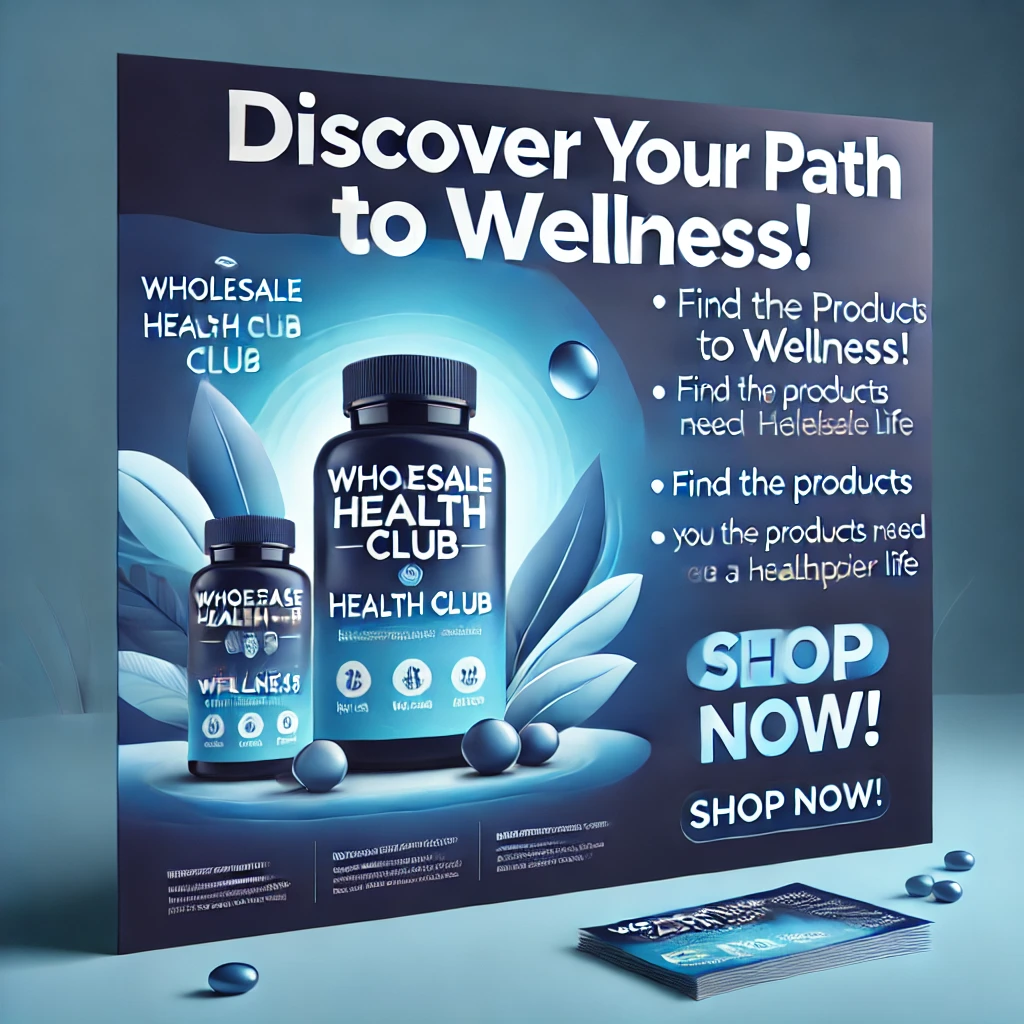Ultra-processed foods (UPFs) are everywhere—lining supermarket shelves, filling fast food menus, and sneaking into our daily meals. But what exactly are they, and why are they under increasing scrutiny from health experts?
What Are Ultra-Processed Foods?
UPFs are industrial formulations made primarily from substances extracted from foods, such as oils, fats, sugar, and starches, along with artificial additives like flavor enhancers, emulsifiers, and preservatives. Unlike minimally processed foods—think whole fruits, vegetables, and fresh meats—UPFs often undergo multiple stages of processing, stripping them of their original nutritional value.
Examples include:
- Sugary cereals
- Packaged snacks (chips, cookies, candy bars)
- Instant noodles and soups
- Soft drinks and flavored milk
- Processed meats (hot dogs, chicken nuggets)
The Health Risks of UPFs
Numerous studies link high UPF consumption to serious health problems, including:
- Heart disease – High levels of trans fats, sodium, and added sugars increase the risk of cardiovascular problems.
- Diabetes – Frequent intake of UPFs has been associated with insulin resistance and a higher risk of type 2 diabetes.

- Obesity – Many UPFs are high in empty calories, refined sugars, and unhealthy fats, causing weight gain.
- Cancer – Some research suggests that a diet rich in UPFs may increase cancer risk due to artificial additives and chemical exposure from packaging.
- Mental health issues – Emerging evidence links UPFs to depression and anxiety, possibly due to their inflammatory effects and nutrient-poor profiles.
Are UPF’s Addictive?
Some experts argue that UPFs have addictive properties, hijacking the brain’s reward system much like drugs. The combination of sugar, salt, and fat triggers dopamine release, reinforcing cravings and overeating. This could explain why so many people find it difficult to cut back on processed foods despite knowing the risks.
Can You Avoid UPFs?

Reducing UPF intake doesn’t mean giving up convenience entirely.
Here are some practical tips:
- Cook more at home – Preparing meals from whole ingredients gives you control over what goes into your food.
- Read labels – If an ingredient list is long and filled with unrecognizable additives, it’s likely ultra-processed.
- Choose whole foods – Fresh fruits, vegetables, lean proteins, nuts, and whole grains should make up most of your diet.
- Be wary of “healthy” packaged foods – Many so-called health foods, like protein bars and flavored yogurts, are still highly processed. Support better digestion and feel your best with these essential probiotic supplements for gut health.
The Bottom Line
Ultra-processed foods may be convenient, but they come at a cost to health. While avoiding them completely might not be realistic, cutting back and prioritizing whole, minimally processed foods can make a huge difference. Your body—and your future self—will thank you. If you found this helpful, check out this health blog for more real-world tips to boost your everyday well-being.













You must be logged in to post a comment.